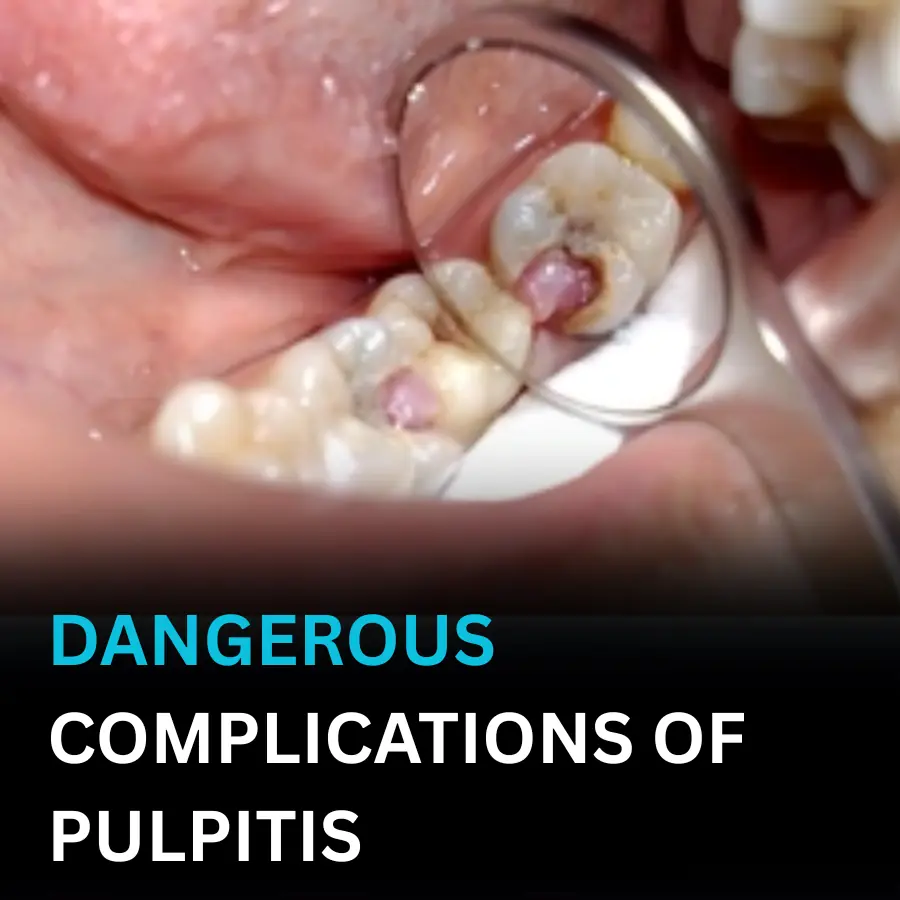
6 Warning Signs Your Li.ver May Be in Trouble
Your liver works quietly behind the scenes, filtering toxins, processing nutrients, and keeping your body’s chemistry in balance. It’s one of the hardest-working organs — and also one of the most resilient. Yet when liver function starts to decline, the signs can be subtle at first, easily mistaken for everyday fatigue or digestive discomfort. Recognizing these early warnings is crucial for preventing serious conditions like cirrhosis, hepatitis, or even liver cancer.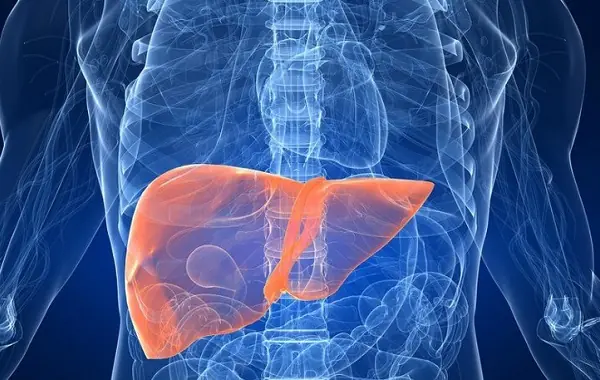
Here are six key symptoms that may indicate your liver needs attention.
1. Yellowing of the skin and eyes (Jaundice)
When your skin or the whites of your eyes begin to look yellow, it’s a classic sign your liver is struggling. This yellow tint comes from a buildup of bilirubin — a yellow pigment released during the breakdown of red blood cells. Normally, your liver filters bilirubin out of the blood and into the bile for excretion. But when liver cells are damaged or bile flow is blocked, bilirubin accumulates in the bloodstream.
Jaundice may result from viral hepatitis (A, B, C, D, or E), alcohol-related liver disease, drug toxicity, or biliary obstruction caused by gallstones or pancreatic tumors. It’s also common for patients to notice yellowing of the eye whites (scleral icterus) and mucous membranes.
2. Persistent fatigue and loss of appetite
The liver converts nutrients into energy and detoxifies the bloodstream. When it’s impaired, your body struggles to regulate metabolism — leaving you feeling drained, dizzy, and sluggish. You might also experience loss of appetite or a feeling of fullness even after eating small portions.
This fatigue can stem from elevated ammonia levels in the blood, a result of poor detoxification. Chronic tiredness and poor appetite are red flags for nonalcoholic fatty liver disease (NAFLD), chronic hepatitis, or liver failure.
3. Dark urine
Normally, urine should be light yellow or nearly clear. But when it turns dark amber or brown, it can signal that bilirubin levels are abnormally high in the bloodstream due to bile flow obstruction.
As bile backs up, bilirubin passes into the urine instead of being excreted through the intestines — often accompanied by yellowing of the skin, pale stools, and digestive discomfort.
If dark urine persists even after proper hydration, it’s essential to check liver enzymes and bile duct function through blood tests and ultrasound imaging.
4. Pale or clay-colored stools
Healthy stools owe their brown color to bile pigments from the liver. When bile production or flow is disrupted, stools may turn pale, gray, or clay-colored. This can indicate a blocked bile duct, inflammation, or fat malabsorption — all of which may be tied to hepatitis, gallstones, or portal hypertension.
This symptom is often overlooked but is a critical early warning of bile system dysfunction.
5. Easy bruising and prolonged bleeding
One of the liver’s key roles is to produce clotting proteins that help stop bleeding. When the liver is damaged, it produces fewer of these proteins, making you more likely to bruise easily or bleed longer from small cuts.
Unexplained bruises, frequent nosebleeds, or bleeding gums could signal chronic hepatitis, cirrhosis, or liver failure.
If these symptoms appear along with fatigue, swelling, or yellowing skin, seek medical evaluation immediately — including coagulation tests and liver function panels.
6. Swelling and unexplained weight changes
When the liver struggles to process fluids and proteins, it can lead to fluid retention, causing swelling in the abdomen (ascites) or legs (edema). You might also experience unexplained weight loss or gain, depending on whether fluid accumulation or muscle wasting is dominant.
These changes often occur in the later stages of liver disease and warrant prompt medical intervention.
When to see a doctor
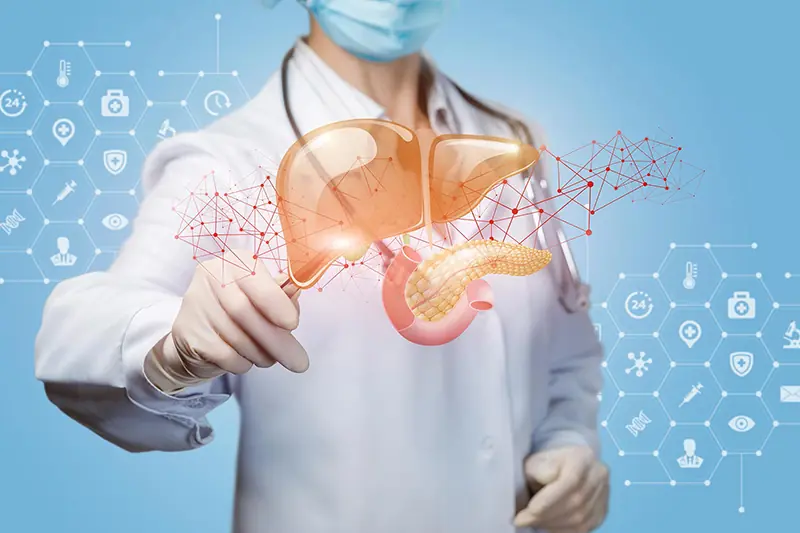
If you notice any of these symptoms — especially yellowing skin, dark urine, or persistent fatigue — it’s time to schedule a check-up. Blood tests like ALT, AST, ALP, and bilirubin levels, along with ultrasound imaging, can help detect issues early.
Early diagnosis can prevent irreversible liver damage and improve recovery outcomes significantly.
How to protect your liver daily
-
Avoid alcohol and processed foods. Both overload the liver and accelerate damage.
-
Eat plenty of leafy greens, garlic, turmeric, and berries — all known to support detoxification.
-
Stay hydrated to help your body flush toxins naturally.
-
Exercise regularly to maintain a healthy metabolism and prevent fatty liver.
-
Get vaccinated against hepatitis A and B, and avoid unnecessary medications or supplements that strain the liver.
News in the same category

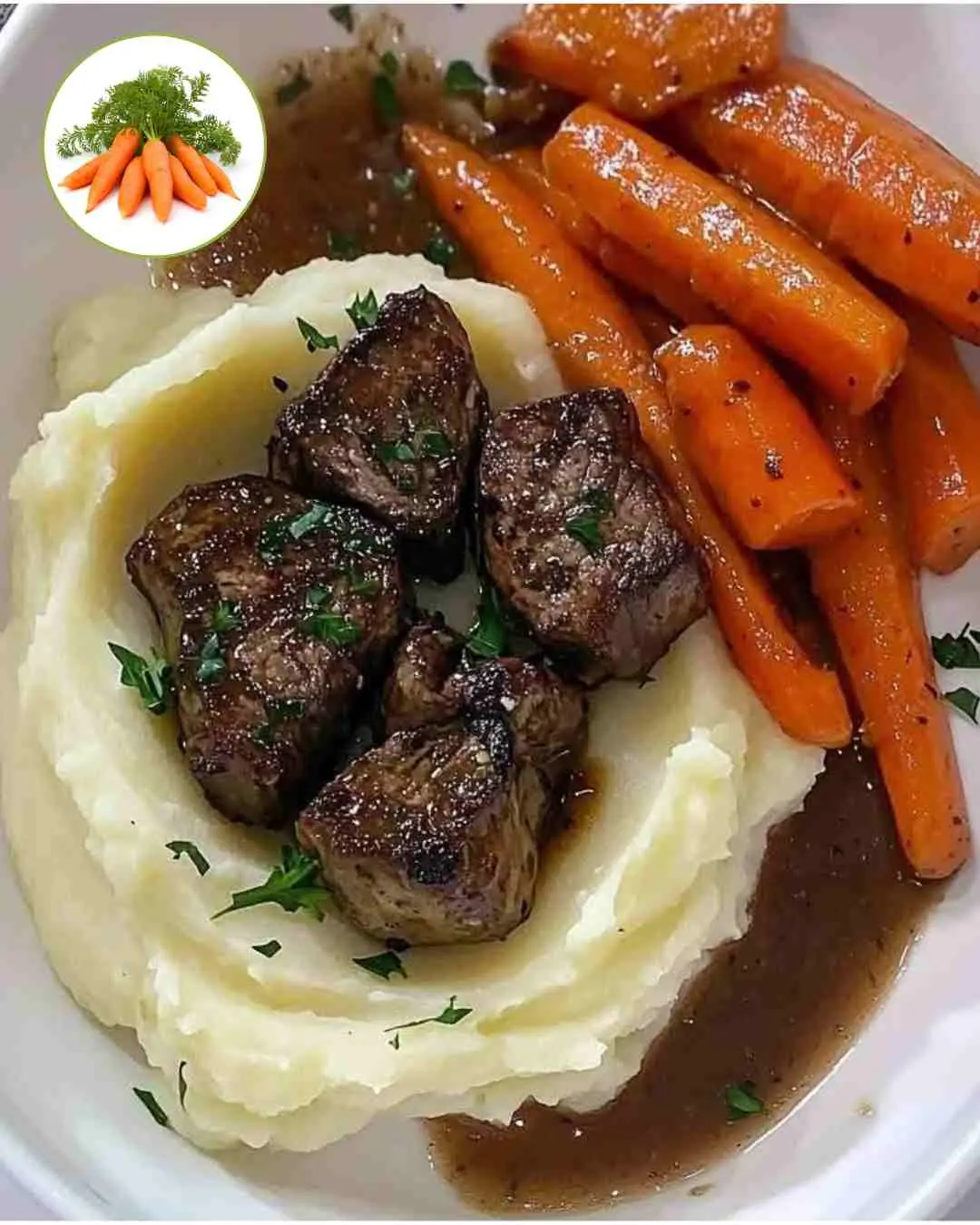
Butter Steak Bites with Mashed Potatoes & Glazed Carrots – A Comfort Plate With Serious Flavor
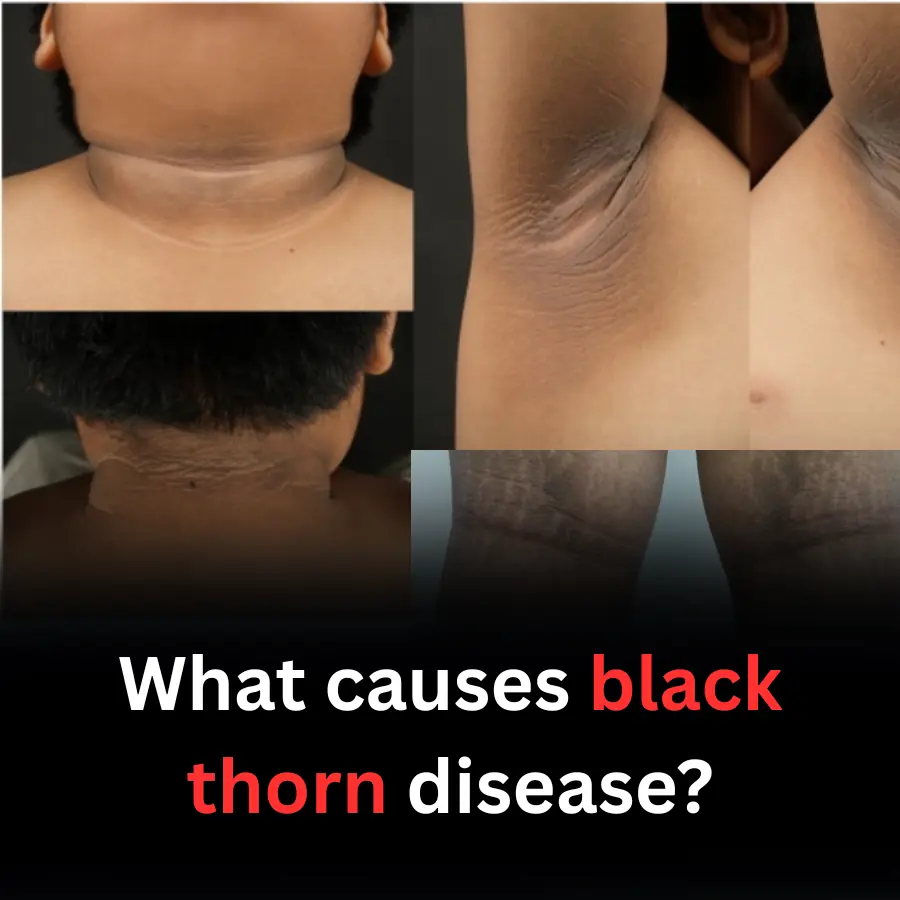
What causes black thorn disease?
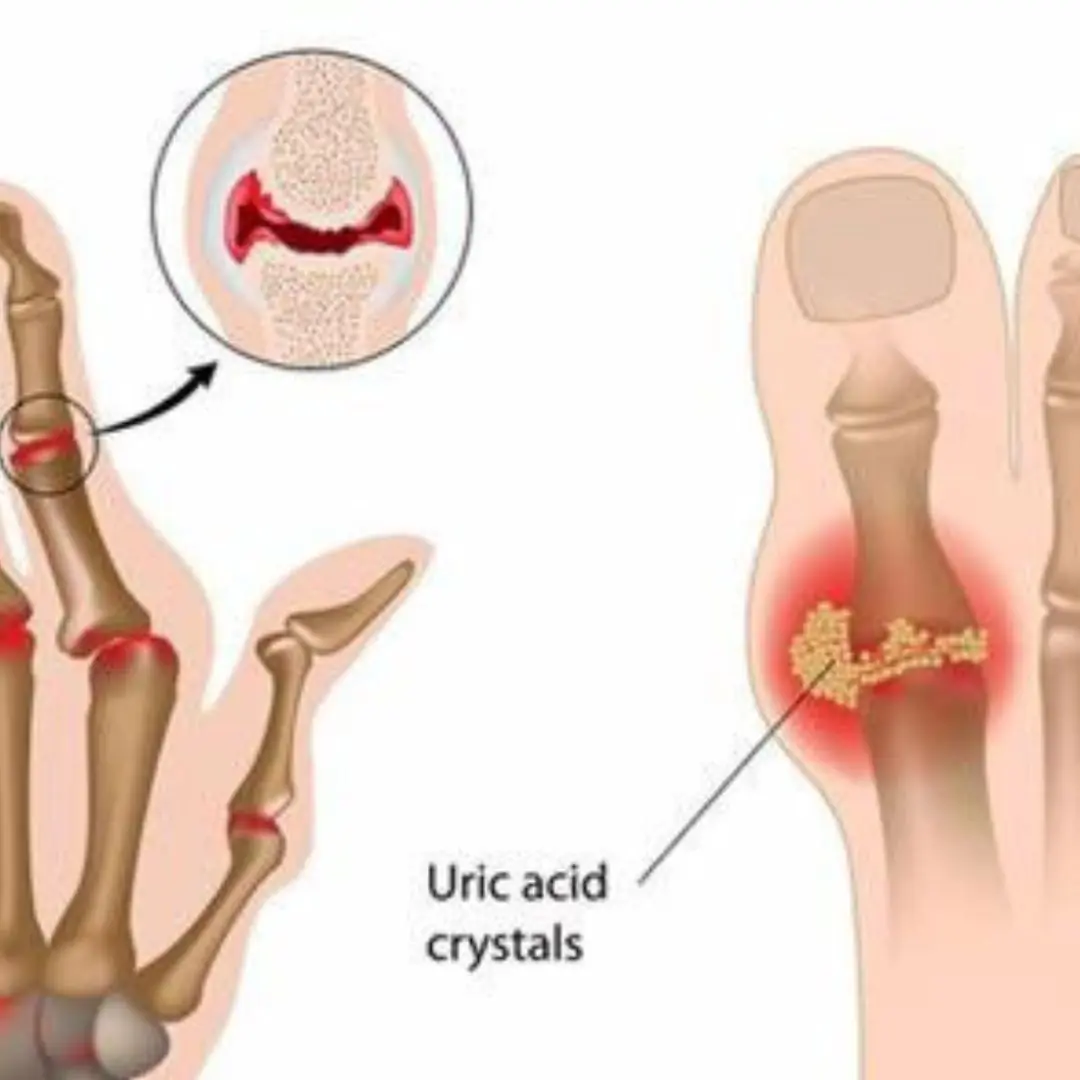
The #1 Drink to Reverse High Uric Acid and Gout — Backed by Science

If You Wake Up With These 4 Morning Symptoms, Sorry — Your Kid.neys May Be in Trouble
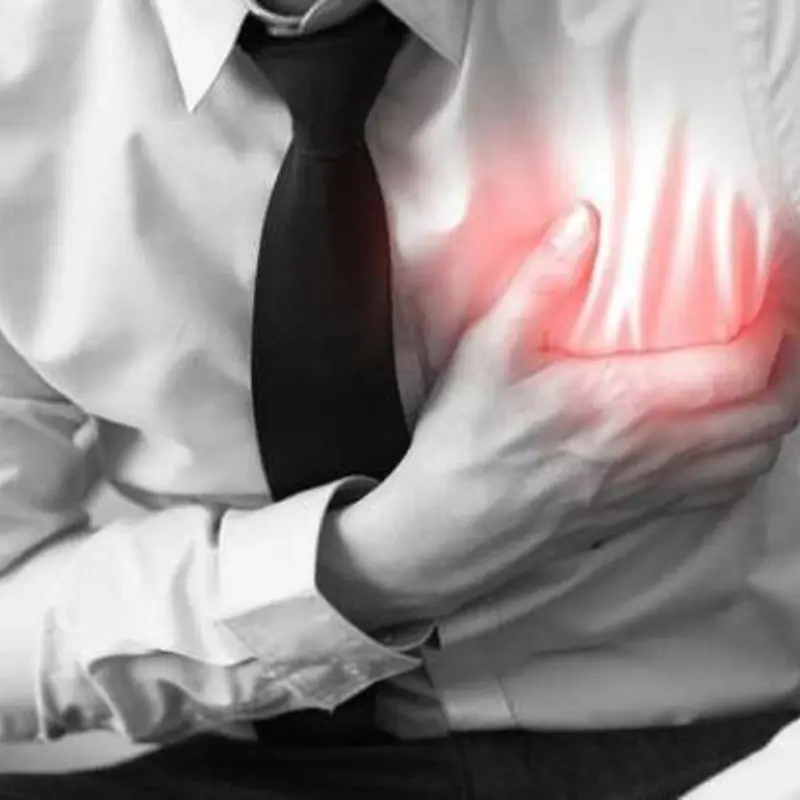
Drinking Coffee at the Wrong Time May Harm Your Heart:
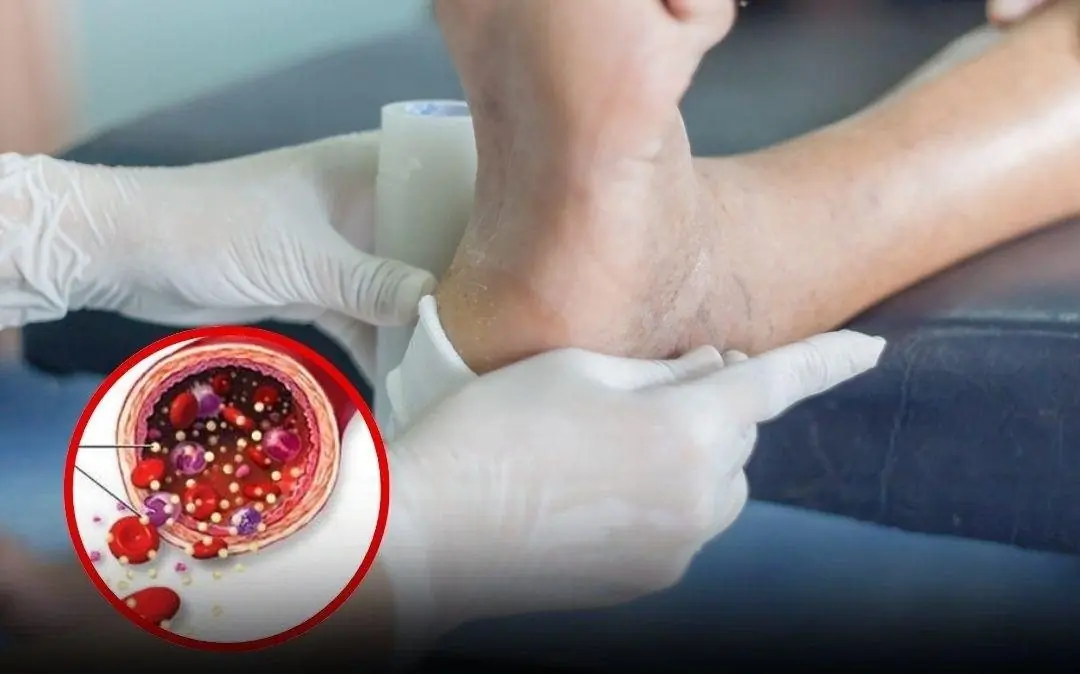
Your feet can reveal important warning signs about circulation and nerve health

Are kidney cysts really benign? Experts warn of signs that should never be ignored
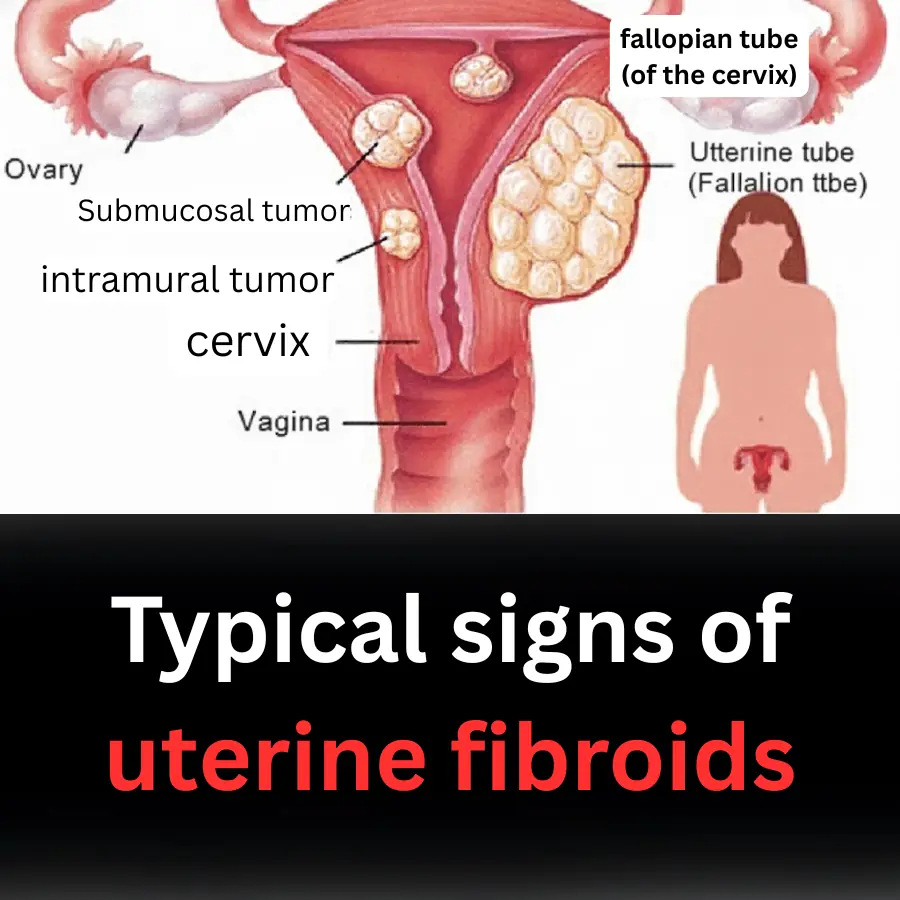
Typical signs of uterine fibroids

The More You Eat This Vegetable, the Cleaner Your Arteries Become: A Stroke-Prevention Secret Many People Overlook!
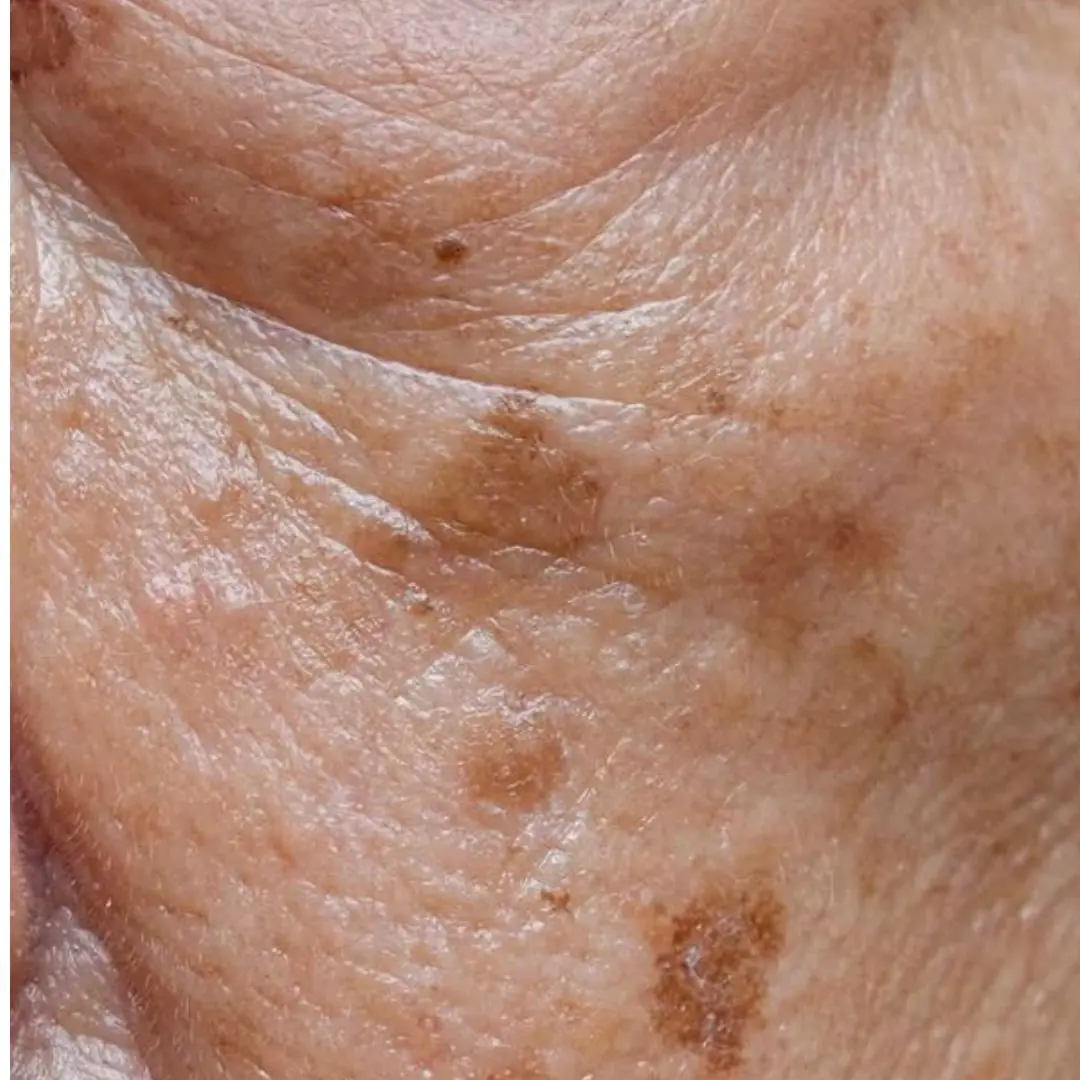
Age Spots and Selenium: How This Powerful Mineral Can Help Fight Sun Damage Naturally
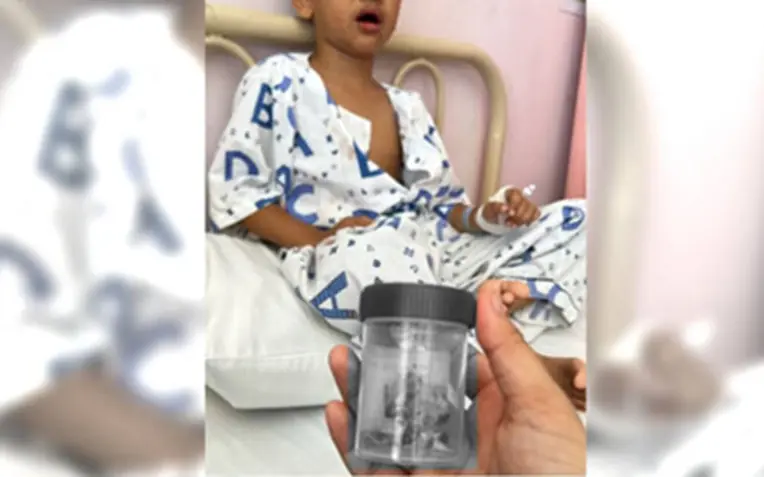
A 12-year-old boy loses 12 teeth at once due to a common habit among children
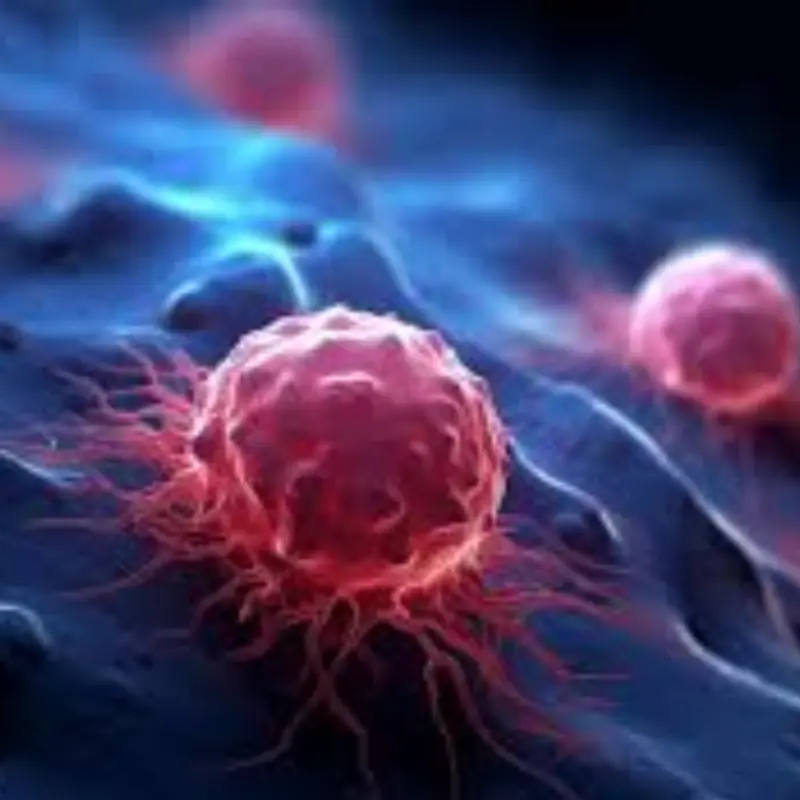
Warning: A Common Daily Habit May Be “Inviting” Liver Can.cer — Many People Know It, Yet Still Do It
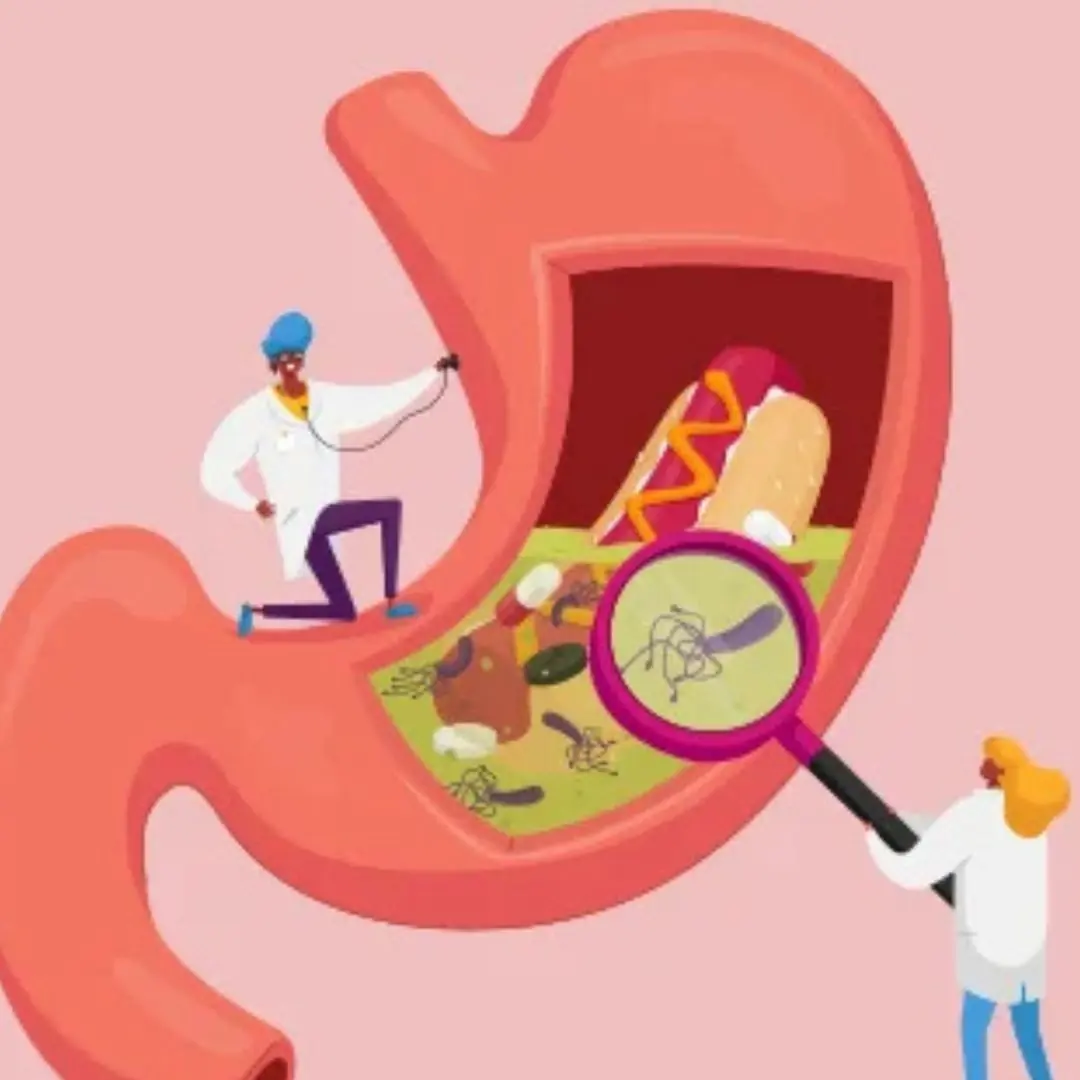
6 foods that clean the intestines naturally when eaten on an empty stomach
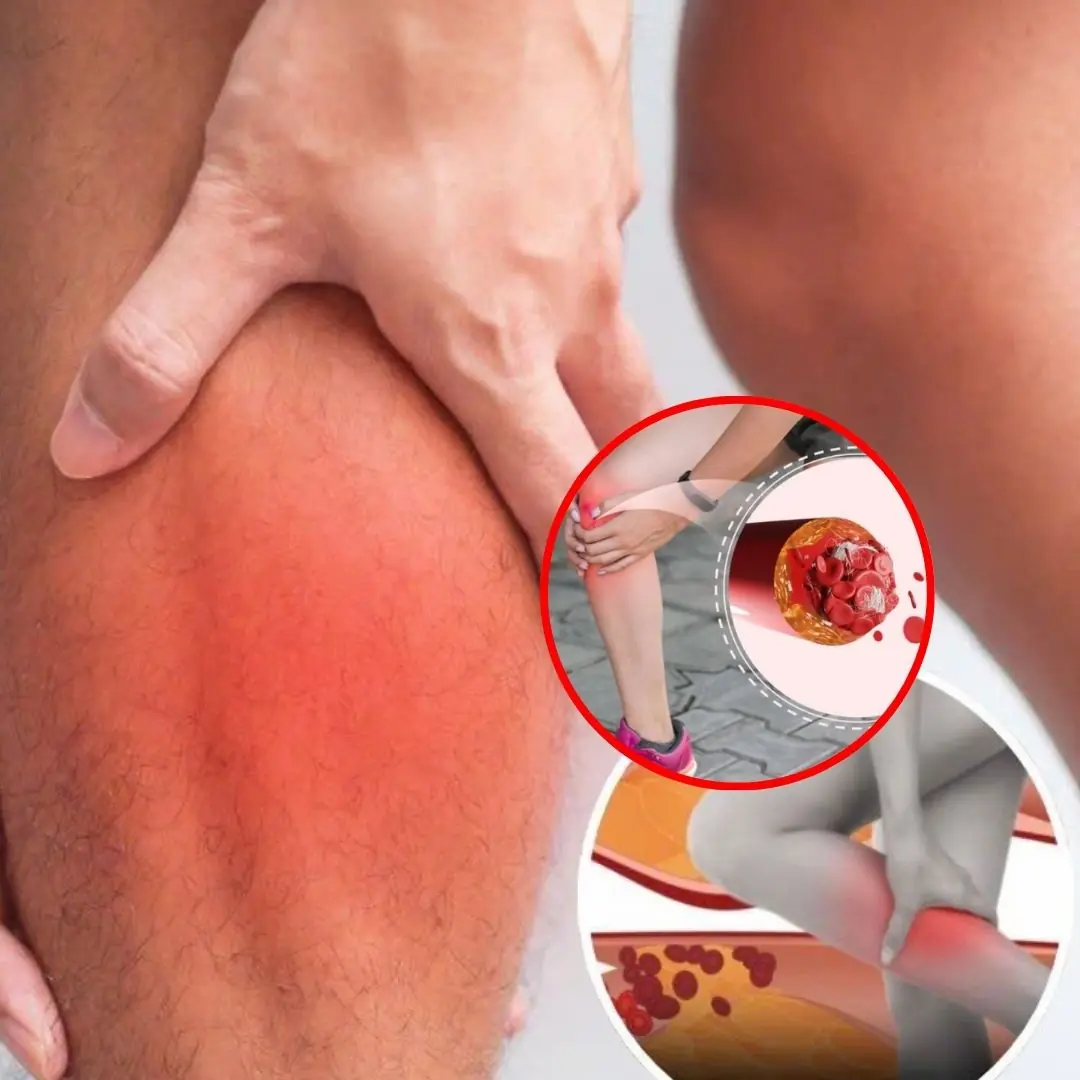
Poucas pessoas reconhecem os sinais de alerta de problemas de circulação que podem surgir nos pés e nas pernas durante a noite
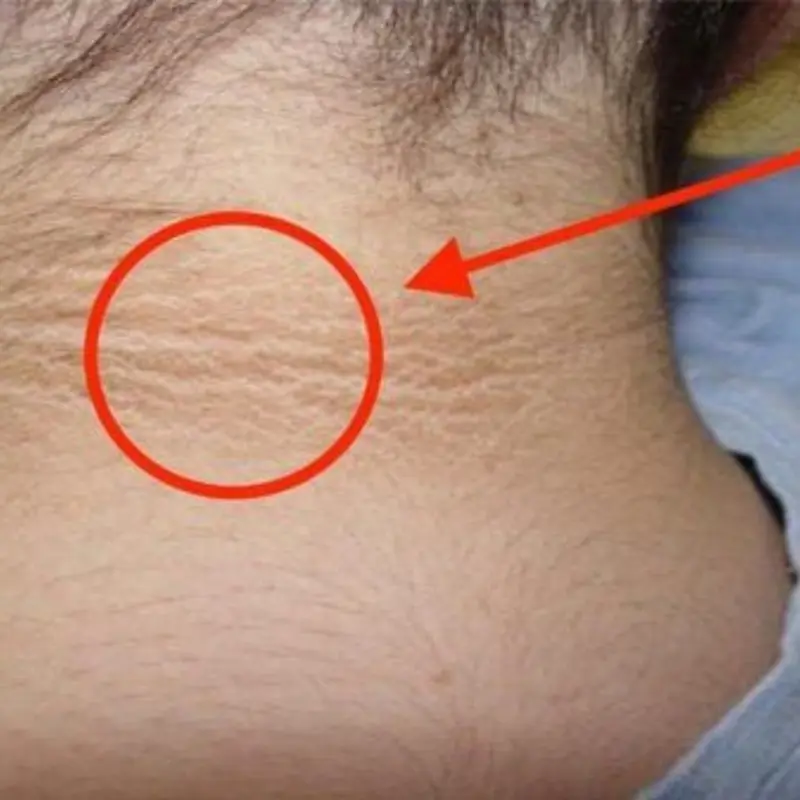
Don’t Ignore These Silent Signs of Oral Cancer
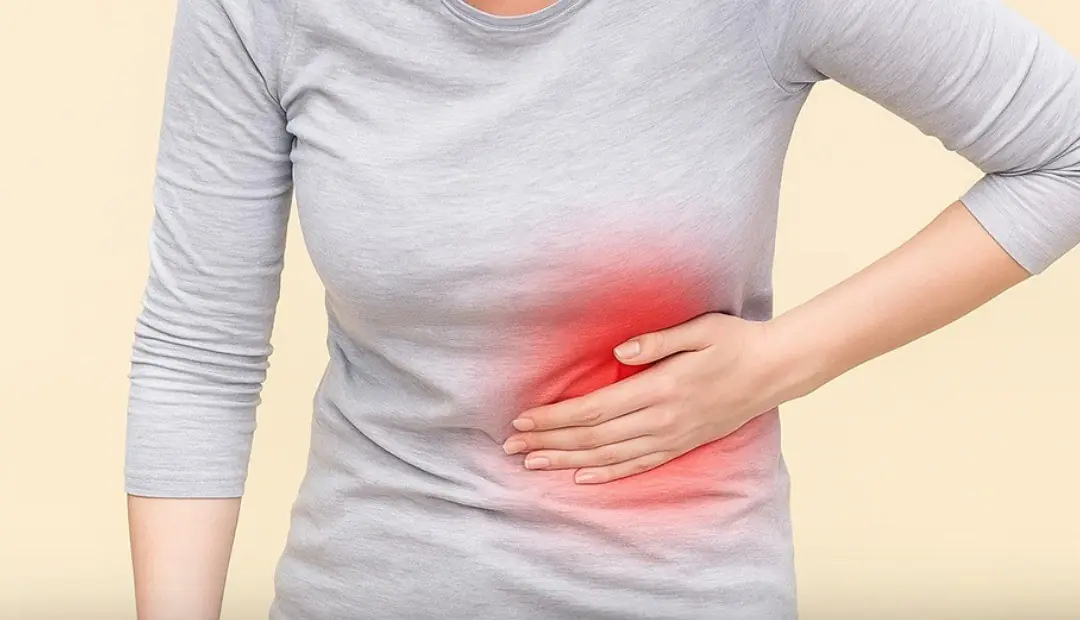
Pain on the left side of your body: What could it mean?
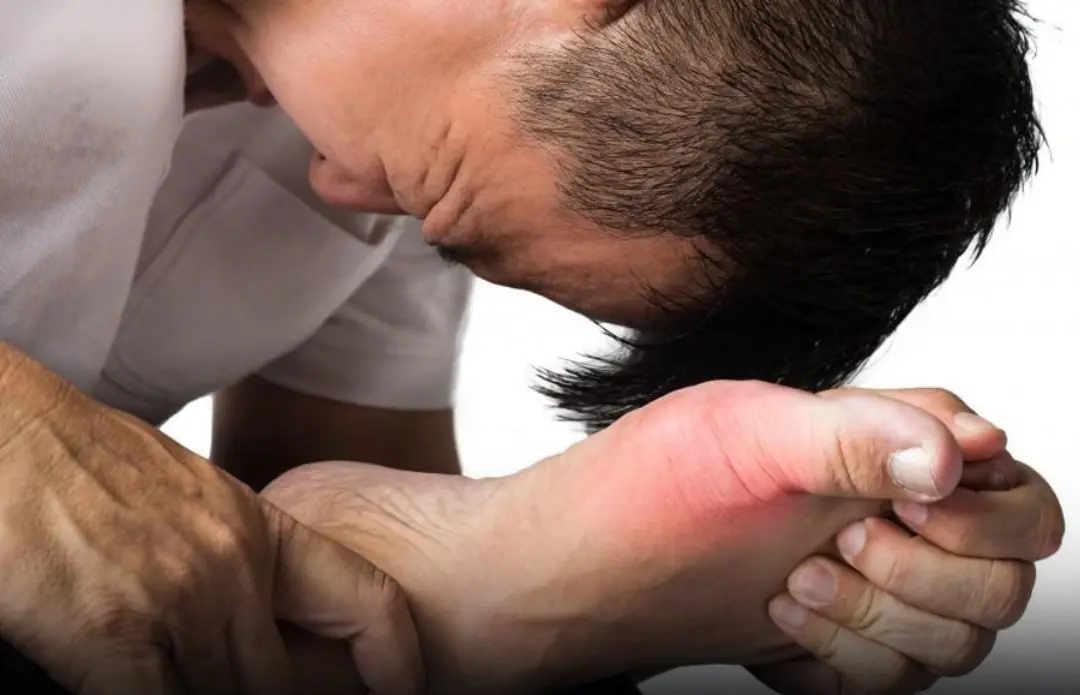
Your feet can reveal important signs about your circulation and metabolic health
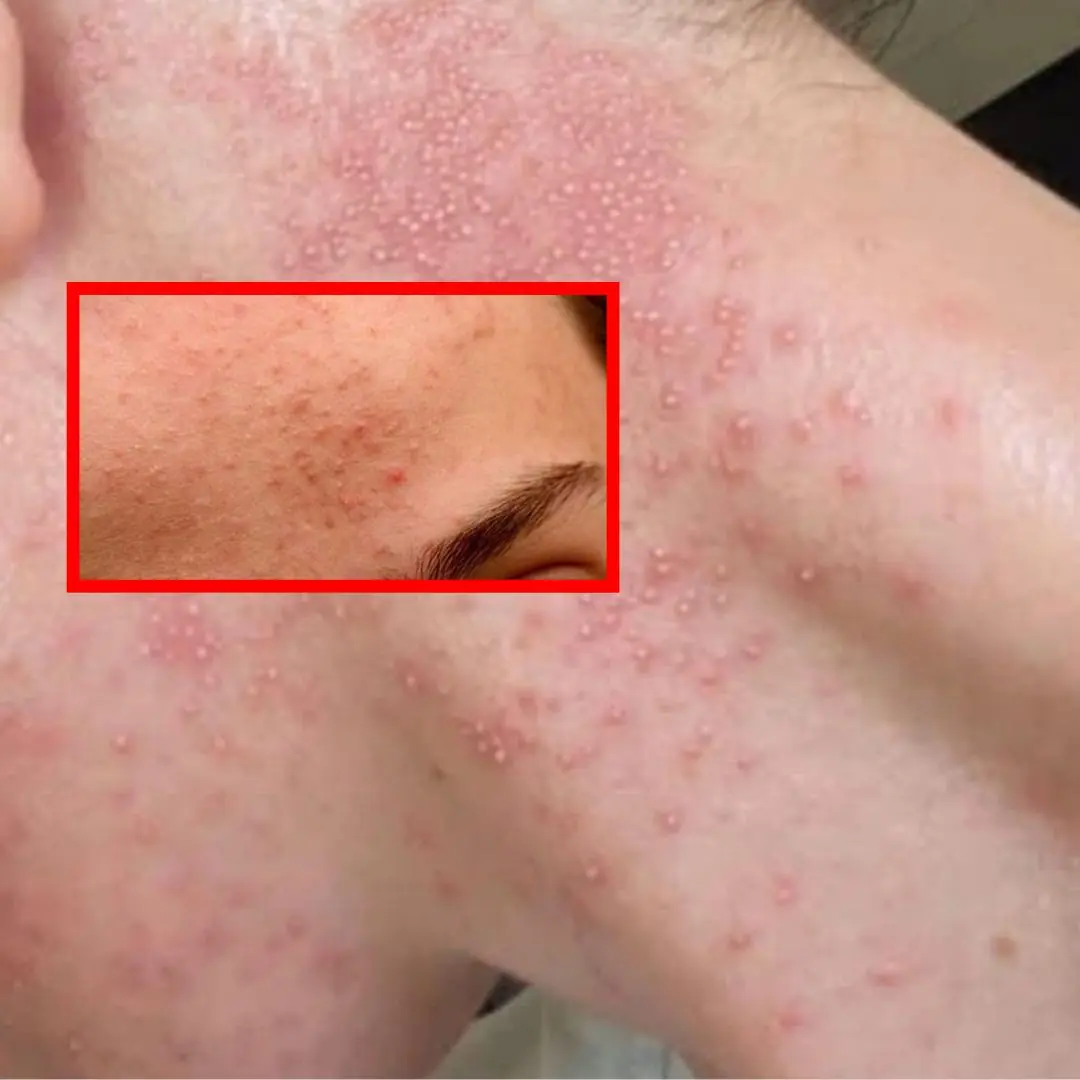
These are the consequences of eating....

5 amazing benefits of drinking warm water with honey
News Post

DANGEROUS COMPLICATIONS OF PULPITIS

Butter Steak Bites with Mashed Potatoes & Glazed Carrots – A Comfort Plate With Serious Flavor

What causes black thorn disease?

Baked Sweet Potatoes with Garlic Butter.

The #1 Drink to Reverse High Uric Acid and Gout — Backed by Science

If You Wake Up With These 4 Morning Symptoms, Sorry — Your Kid.neys May Be in Trouble

Drinking Coffee at the Wrong Time May Harm Your Heart:

Cardiologist reveals 3 drinks that help control blo.od pressure
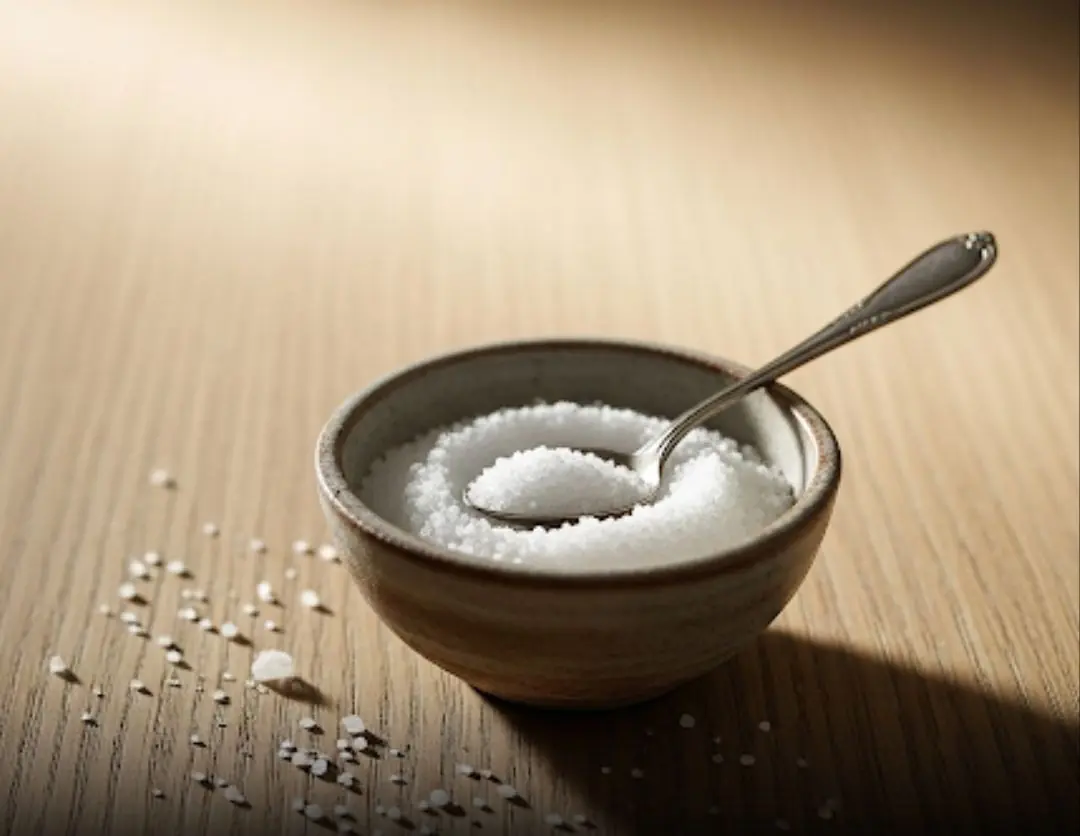
A single ingredient to combat bone pain, diabetes, anxiety, depression, and constipation
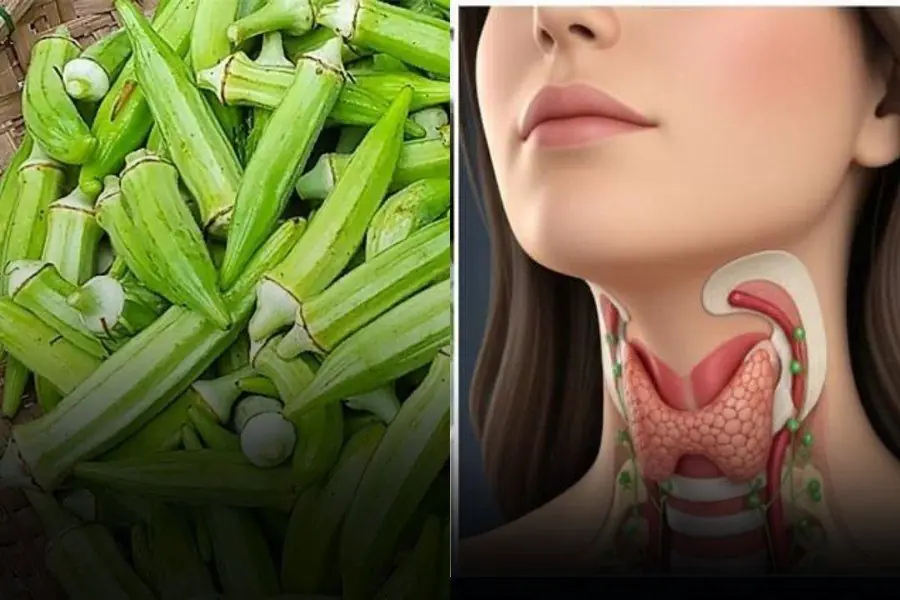
Okra is great for your health, but not everyone reacts to it the same way
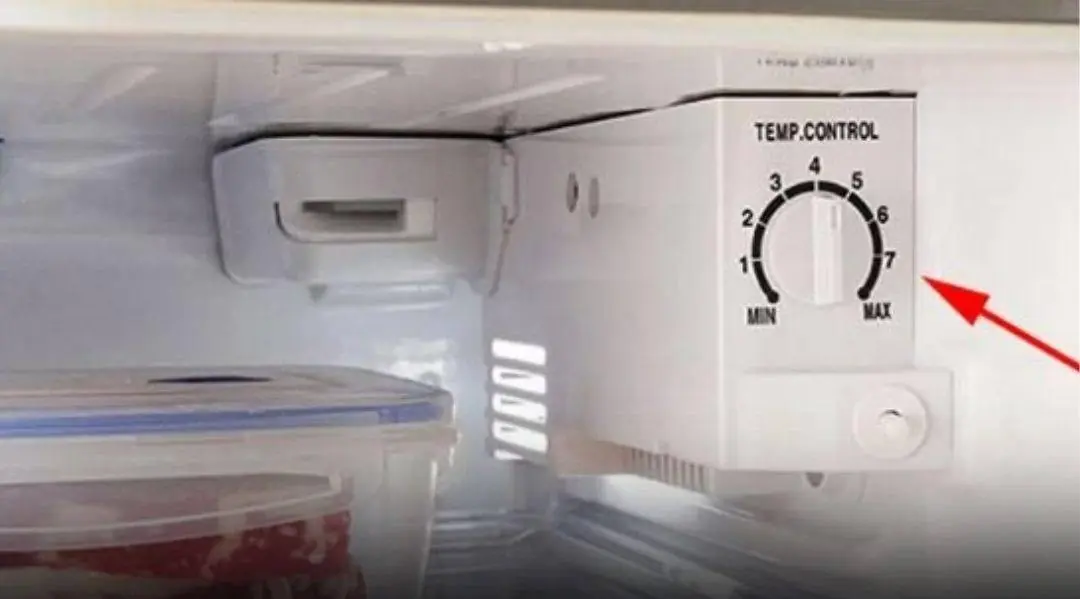
So this is why our electricity bills have been so high — we’ve been wasting power for ages without knowing!

Your feet can reveal important warning signs about circulation and nerve health

Whitmore's 'flesh-eating bac.teria' cases increase: Who is vulnerable?

Are kidney cysts really benign? Experts warn of signs that should never be ignored

Typical signs of uterine fibroids

The More You Eat This Vegetable, the Cleaner Your Arteries Become: A Stroke-Prevention Secret Many People Overlook!

Age Spots and Selenium: How This Powerful Mineral Can Help Fight Sun Damage Naturally

A 12-year-old boy loses 12 teeth at once due to a common habit among children

Warning: A Common Daily Habit May Be “Inviting” Liver Can.cer — Many People Know It, Yet Still Do It
